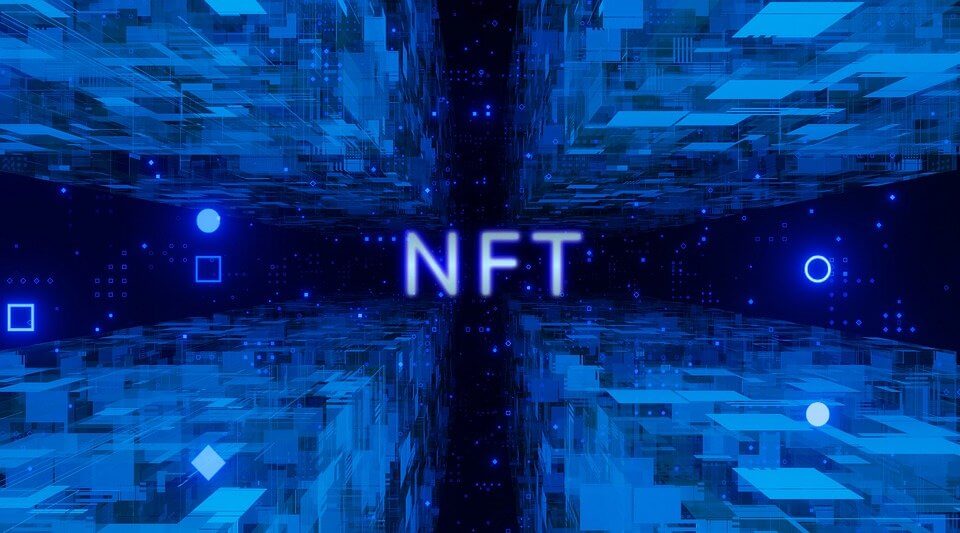NFTs have been all the hype recently, with high profile figures like Justin Bieber buying digital art pieces for millions of dollars. But what happens when you sell an NFT? Thanks to our friends at Koinly, here is everything you need to know about NFT taxes.
What is an NFT?

Like its name suggests, an NFT is a non-fungible token.
Fungible tokens are easily replaced by another kind of token. Bitcoin is fungible, Ether is fungible, fiat currencies are fungible – you get the point. You can trade one Bitcoin for another and still have the same asset.
An NFT is just like another crypto token in that it exists solely on a blockchain. Most often the Ethereum or Solana blockchains, but some other blockchains are slowly implementing NFT support of their own.
Unlike cryptocurrencies though, NFTs are unique – for the most part – in that you can’t trade one for another. We say ‘for the most part’ because this actually depends on the exact NFT you’re buying.
Is buying an NFT taxable?
If you’re buying an NFT with fiat currency – this isn’t taxable.
But what if you bought your NFT with ETH or BTC?
For the majority of NFT platforms, you’ll be buying your NFT with another cryptocurrency and spending crypto is a taxable event – even if you spent it on another digital asset.
From a tax perspective, spending crypto is a disposal of an asset. Swapping, selling and sometimes gifting your crypto are also viewed as disposals. The profit from any disposal of a virtual asset is subject to Capital Gains Tax. You may be eligible to a discount on Capital Gains Tax if you have held it for more than one year, depending on where you live. You can check the profit on your crypto transactions using a crypto tax calculator or by connecting your exchange to a tax software like Koinly.
Is selling an NFT taxable?
Yes.
Whether you’re the original artist or seller, when you sell a digital asset like an NFT, you’ll pay Capital Gains Tax on any profit you make from it. If you’re also the artist – this might be seen as income and subject to Income Tax instead.
In most countries, this rule will apply regardless of whether you’re selling your NFT for crypto or for fiat currency. There are a couple of exceptions to this rule, like in France, so check your country’s crypto tax rules.
How do I make NFT taxes easier?
There are a number of crypto tax software solutions which make importing and analysing NFT transactions quick and easy. For example, Koinly is a crypto tax software that you can use for free to import transactions from numerous blockchains and exchanges. Got other asset classes? Check out this crypto tax guide which breaks down the most common crypto assets and their tax treatment.



